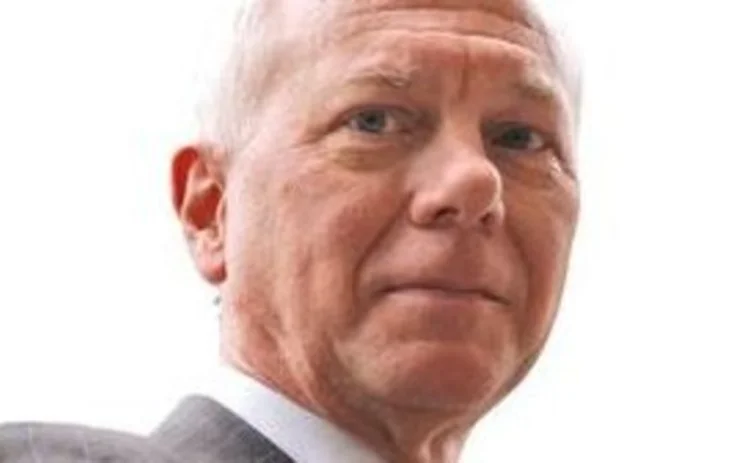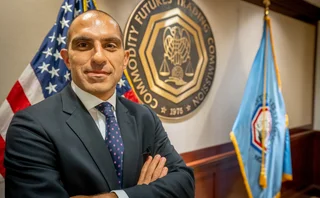
Let small fires burn
The remarkable stability of the past two decades sowed the seeds of the current crisis. In future, monetary authorities will have to be more aggressive about removing the punch bowl when the party gets interesting, argues David Rowe

In a generic sense, financial markets are one example of a dynamic adaptive system. As pointed out in my September column (Risk September 2009, page 110), considerable discussion surrounds what we can learn from other such systems to improve financial supervision and risk management. I believe one important lesson comes from the area of forest fire prevention and control.
For many years, the US Forest Service followed a policy of quenching every small fire as quickly as possible. Exceptions to
Only users who have a paid subscription or are part of a corporate subscription are able to print or copy content.
To access these options, along with all other subscription benefits, please contact info@risk.net or view our subscription options here: http://subscriptions.risk.net/subscribe
You are currently unable to print this content. Please contact info@risk.net to find out more.
You are currently unable to copy this content. Please contact info@risk.net to find out more.
Copyright Infopro Digital Limited. All rights reserved.
You may share this content using our article tools. Printing this content is for the sole use of the Authorised User (named subscriber), as outlined in our terms and conditions - https://www.infopro-insight.com/terms-conditions/insight-subscriptions/
If you would like to purchase additional rights please email info@risk.net
Copyright Infopro Digital Limited. All rights reserved.
You may share this content using our article tools. Copying this content is for the sole use of the Authorised User (named subscriber), as outlined in our terms and conditions - https://www.infopro-insight.com/terms-conditions/insight-subscriptions/
If you would like to purchase additional rights please email info@risk.net
More on Regulation
Industry calls for major rethink of Basel III rules
Isda AGM: Divergence on implementation suggests rules could be flawed, bankers say
Saudi Arabia poised to become clean netting jurisdiction
Isda AGM: Netting regulation awaiting final approvals from regulators
Japanese megabanks shun internal models as FRTB bites
Isda AGM: All in-scope banks opt for standardised approach to market risk; Nomura eyes IMA in 2025
CFTC chair backs easing of G-Sib surcharge in Basel endgame
Isda AGM: Fed’s proposed surcharge changes could hike client clearing cost by 80%
UK investment firms feeling the heat on prudential rules
Signs firms are falling behind FCA’s expectations on wind-down and liquidity risk management
The American way: a stress-test substitute for Basel’s IRRBB?
Bankers divided over new CCAR scenario designed to bridge supervisory gap exposed by SVB failure
Industry warns CFTC against rushing to regulate AI for trading
Vote on workplan pulled amid calls to avoid duplicating rules from other regulatory agencies
Bank of Communications moves early to meet TLAC requirements
China Construction Bank becomes last China G-Sib to release TLAC plans
Most read
- Top 10 operational risks for 2024
- Japanese megabanks shun internal models as FRTB bites
- Market for ‘orphan’ hedges leaves some borrowers stranded







